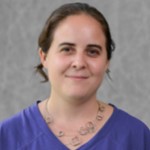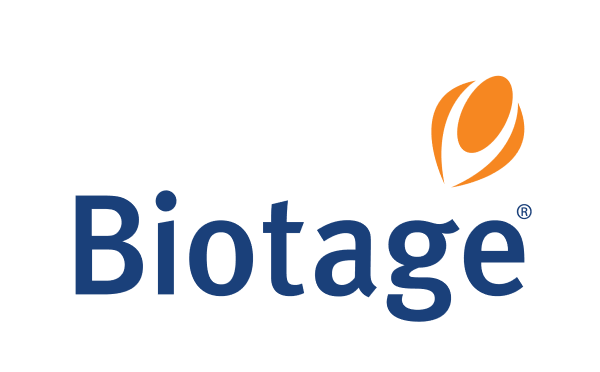Many promising peptides fail because they degrade too easily. This limits their usefulness in drug design and creates significant workflow challenges.
This webinar explores how azapeptides and non-natural amino acids can be utilized to engineer more stable molecules, highlighting innovations that enhance peptide stability and facilitate automated synthesis.
Azapeptides are unique because they replace the α-carbon of an amino acid with a nitrogen atom.
This small change improves stability, alters hydrogen bonding and reshapes conformation. The Proulx lab has developed synthesis methods to create large azapeptide libraries quickly. The featured speakers will present recent advances, including new N-alkylation techniques and metallo-azapeptide complex formation.
Attendees will learn how to use aza-amino acids in natural peptides and will understand how azapeptides behave differently from traditional peptides. Attendees will also gain insight into the real challenges of using automated synthesizers for complex peptide chemistry.
Register for this webinar to learn how azapeptide strategies can enhance peptide stability and accelerate synthesis workflows.
Speakers

Elizabeth Denton, PhD, Market Segment Manager, Biotage®
Elizabeth earned a BS in Chemistry from Arizona State University and went on to complete a PhD in Chemistry at Yale University under the supervision of Alanna Schepartz, identifying and evaluating peptide agonists of various proteins and signaling cascades. She serves as the Regional Market Segment Manager at Biotage®, where her role includes the development of new tools and strategies to improve the delivery efficiency of peptides for downstream evaluation.

Caroline Proulx, PhD, Associate Professor, The Proulx Lab at North Carolina University
Caroline Proulx obtained her Hon. BSc from the University of Ottawa in Biopharmaceutical Sciences (Medicinal Chemistry) in 2007. In 2012, she obtained her PhD in Chemistry from the University of Montreal under the guidance of Prof. William D. Lubell, where she worked on the development of methodologies for the synthesis of azapeptides. From 2012-2016, she was an NSERC postdoctoral fellow at the Molecular Foundry, Lawrence Berkeley National Laboratory, working with Dr. Ronald N. Zuckermann on peptoid synthesis and self-assembly. She joined the faculty at North Carolina State University in July 2016, focusing on the design, synthesis, folding and function of peptide mimics. She was promoted to Associate Professor with tenure in 2023.
Who Should Attend?
Chemists interested in peptide and peptidomimetic synthesis protocols, purification strategies and general automation advantages, including:
- Research Associates
- Research Scientists
- Medicinal Chemists
- Lab Managers
- Professors
- Postdoctoral Fellows
- Graduate students
What You Will Learn
Attendees will gain insights into:
- Strategies to incorporate aza-amino acids into molecules containing natural amino acids and linkages
- Applications demonstrating the utility of unique physicochemical properties of azapeptides
- Automating alternative synthesis approaches, addressing specific challenges with azapeptide handling
Xtalks Partner
Biotage®
Biotage® is a leading separations company, providing smart and sustainable workflow solutions for customers in drug discovery, diagnostics, and analytical testing. Our clients range from pharmaceutical and biotech companies to academic labs and organizations dedicated to food safety, clean water, and environmental sustainability. Their flash chromatography solutions allow for rapid, scalable purification of small to large molecules in an effort to reduce lead times at the R&D and production scale. Biotage is committed to advancing science with efficiency and care — shaping a better world, one solution at a time.
You Must Login To Register for this Free Webinar
Already have an account? LOGIN HERE. If you don’t have an account you need to create a free account.
Create Account


